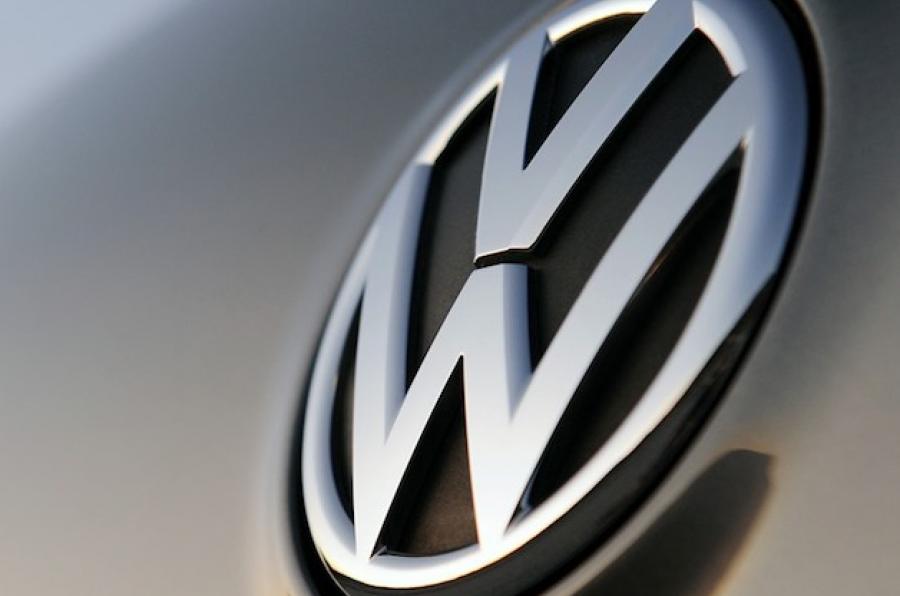
“We’ve totally screwed up,” claimed the Volkswagen America boss Michael Horn, while the group’s chief executive officer at the time, Martin Winterkorn, said the company had “broken the trust of our customers and the public”.
On 18 September 2015, the US Environmental Protection Agency (EPA) served a Notice of Violation on Volkswagen Group upon finding that a large number of VW cars being sold in America had a “defeat device” or software in diesel engines that during tests revealed change in the performance to improve results. The German car giant had to admit cheating on the emissions tests in the US.
Martin Winterkorn stepped down as chief executive shortly after VW became embroiled in this diesel emissions scandal. VW’s newly appointed chief executive officer (CEO) – Matthias Mueller, with a daunting management challenge of reputation recovery to draw the German multinational automotive manufacturing company out of an abyss of one of the worst reputation crisis it had faced since its inception in 1937.
Volkswagen agreed to pay an amount of $4.3 billion as settlement for the civil and criminal allegations over its diesel emissions cheating scheme which involved some 590,000 vehicles in the U.S. It also agreed to plead guilty to three criminal felony counts. According to the Justice Department, in Washington, D.C. – the settlement amount included $2.8 billion in criminal penalties and $1.5 billion in civil claims.VW also agreed to work with an independent monitor for a period of three years.This downturn forced VW to recall 11 million affected cars worldwide with a penalty of approximately $18.0 billion from the EPA. Also, an additional $7.3 billion spent to fix all affected cars. This full-blown crisis hit VW across the board, severely denting its market share, brand image, internal/external stakeholders’ trust, and supply chain operations. This diesel scandal and mass scale vehicle recall has been tagged as one of the biggest weakness of the company as shown in Volkswagen’s SWOT analysis by SWOT & PESTLE.com
To move on from the emissions scandal that tarnished VW’s reputation, Volkswagen launched an all-new Jetta compact car at the Detroit Auto Show to revive sales in the world’s second-largest auto market. VW Jetta went on to become the biggest seller in America. This has presented the company a silver lining and new opportunities.
“We will do everything in our power to honor the confidence of those who own or will buy VW products”, declared VW CEO Matthias Mueller, during a preview marking the opening of the Geneva show, a media event that, appropriately enough, was titled, “Volkswagen: Shaping the Future.”As akey step, senior VW officials emphasized during interviews at the Geneva Motor Show, on moving away from the diesel engines that once dominated the company’s product line-up, especially those sold by the flagship Volkswagen brand.
The scandal turned out to be the costliest resulting in criminal and civil settlement, wanting VW to buy back nearly 500,000 vehicles sold in the U.S. – using both 2.0 and 3.0liter diesel engines. Even though North American sales had collapsed after the diesel scandal broke and US market began to slide, they have regained momentum, climbing 15 percent in January and February.
“That shows the brand is more than a diesel brand.” said Woebckenespecially when VW was still barred by the EPA from selling its so-called “oil-burners” in the U.S. He also added, “We intend to be the leader of electric mobility in the U.S.,” VW has already set a target that one-in-10 cars across the group — meaning at least a million cars — will be electric or hybrid by 2025.
However, whether the electrified vehicles will be widely accepted and its market will bloom for that volume is a question mark.

Mar 24, 2020

Sep 24, 2022